Propane vs natural gas – which fuel is best for grilling?
When it comes to grilling, which fuel wins out in propane vs natural gas?

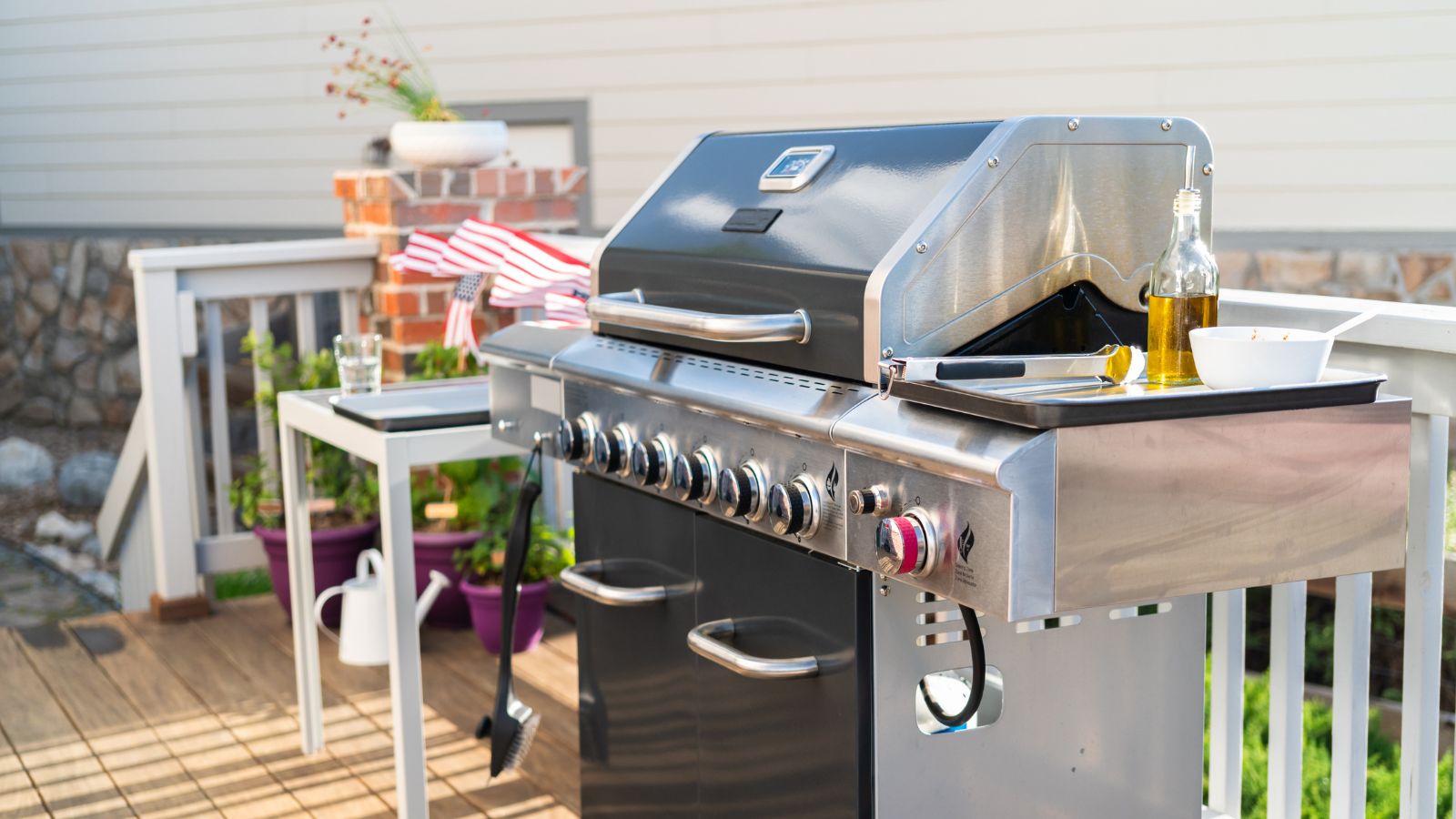
Design expertise in your inbox – from inspiring decorating ideas and beautiful celebrity homes to practical gardening advice and shopping round-ups.
You are now subscribed
Your newsletter sign-up was successful
Want to add more newsletters?

Twice a week
Homes&Gardens
The ultimate interior design resource from the world's leading experts - discover inspiring decorating ideas, color scheming know-how, garden inspiration and shopping expertise.

Once a week
In The Loop from Next In Design
Members of the Next in Design Circle will receive In the Loop, our weekly email filled with trade news, names to know and spotlight moments. Together we’re building a brighter design future.

Twice a week
Cucina
Whether you’re passionate about hosting exquisite dinners, experimenting with culinary trends, or perfecting your kitchen's design with timeless elegance and innovative functionality, this newsletter is here to inspire
Gas grills are the most popular type of grill in America, according to the Hearth, Patio, and Barbecue Association. But when it comes to America's favorite, there's a great divide: propane vs natural gas.
If you're new to grilling, it can be tricky to pick through the jargon and work out which type of gas you need. Some people don't even know there's a difference and
I'm a grill expert. After years on the beat finding the best grills, I know all the ins and outs of grilling fuel. To clear up the mix-up and find out which gas is best for you, I spoke to grill manufacturers and chefs to get to the bottom of propane vs natural gas.
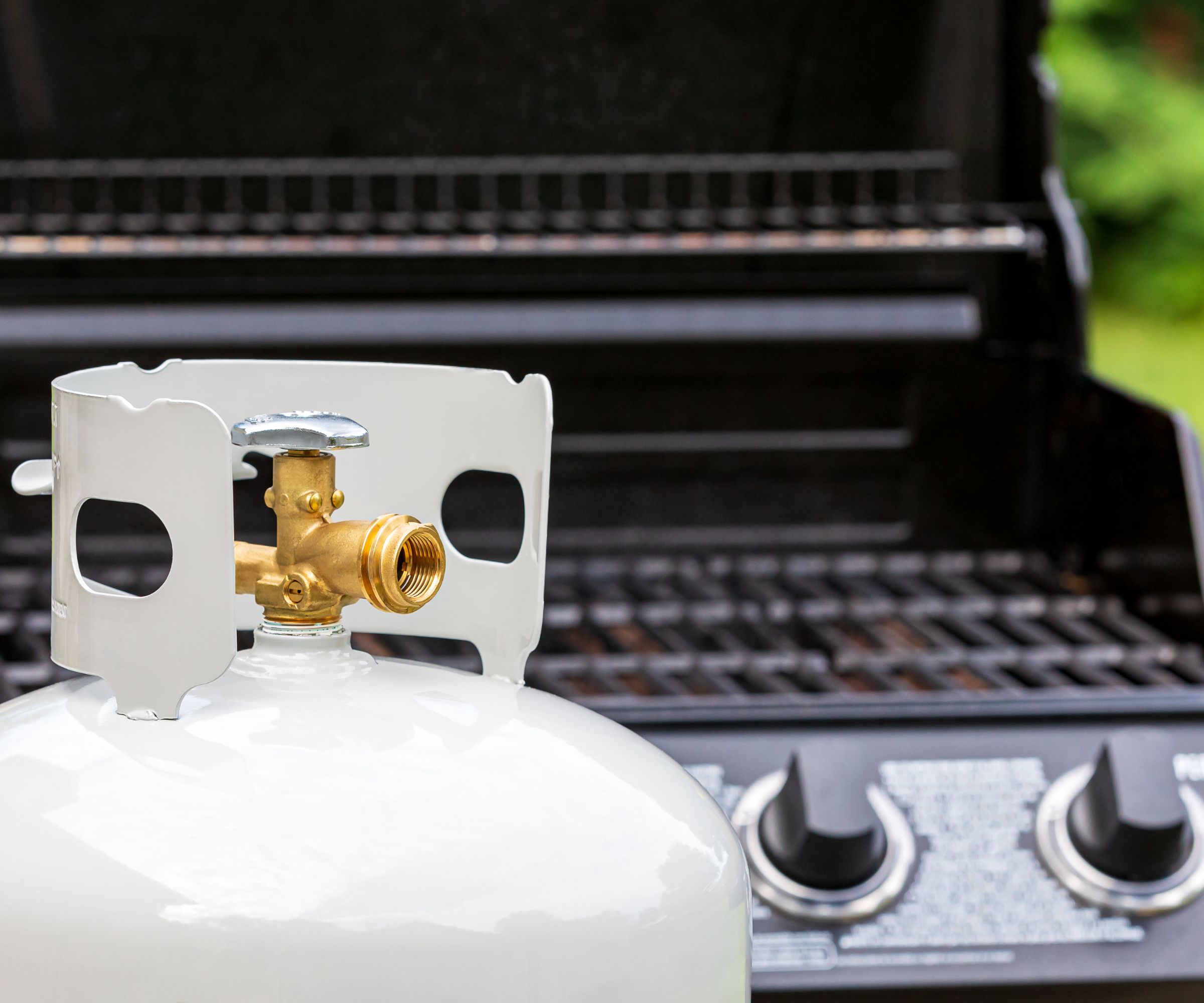
What's the difference between propane and natural gas?
There's a simple difference between the two types of gas. Propane comes in tanks - think something like this 20lb propane tank from Walmart. Natural gas is gas from a gas company - you just plug in your grill and it works like a range or a stovetop. Propane is, well, propane. Natural gas tends to be mostly methane.
Propane - pros and cons
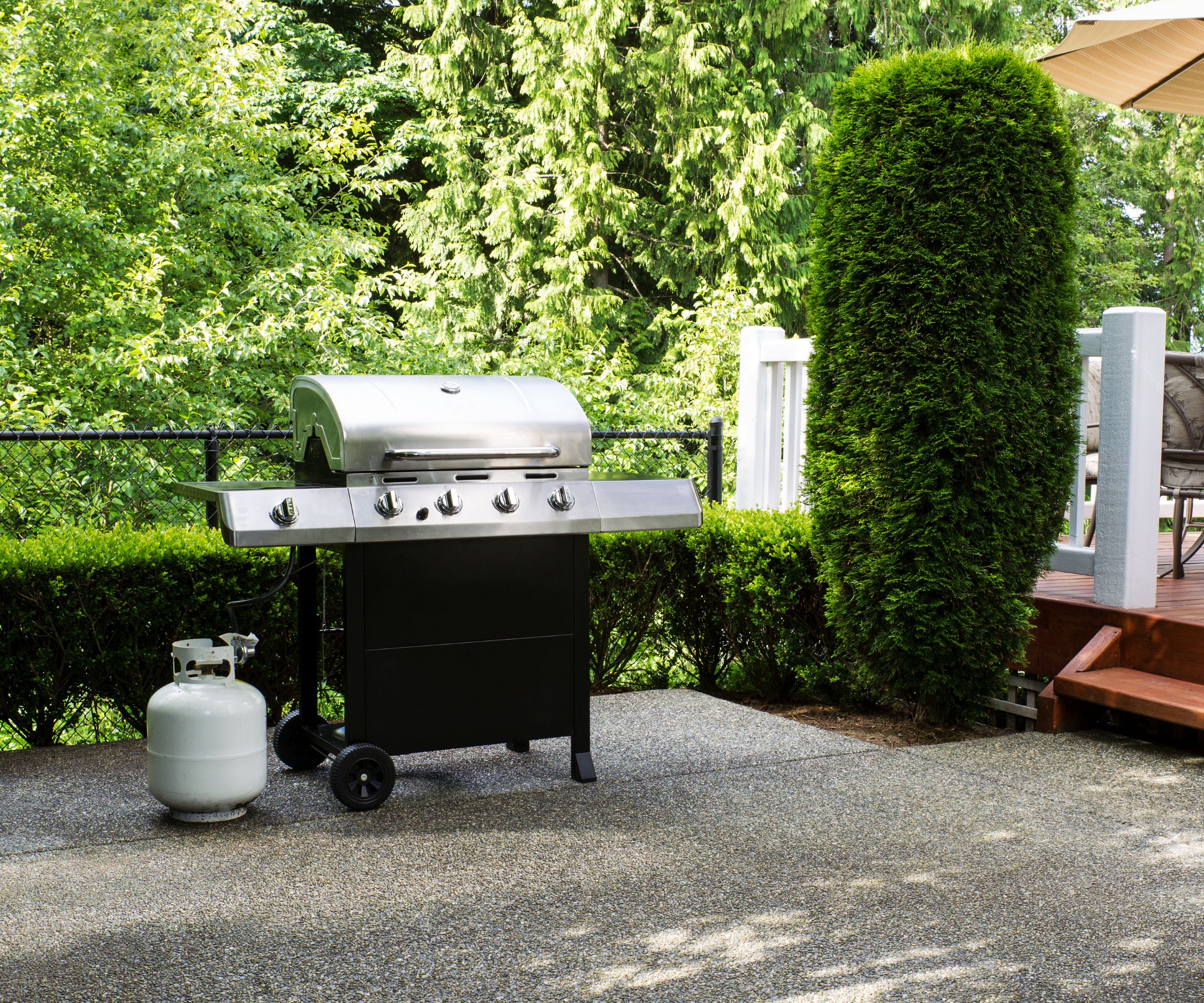
Propane is cheaper upfront than natural gas. You have to buy a tank and pay for it to be filled, but that's it. Once those errands are sorted, a 20lb tank should give you about 20 hours of cooking time. Depending on what you're cooking, that's a few weeks' worth of grilling.
Unlike natural gas, you don't have to install anything. You have a tank of propane, and you can use it for whatever you want. It's that simple.
Propane also burns slower than natural gas. Chef Manuel Rodriguez told me that propane 'burns hotter, which means you're using less over time. It's the secret sauce to not only keeping your energy bills in check but also ensuring your dishes come out consistently perfect, whether you're grilling a fillet or simmering a delicate sauce. Propane gives you the control and intensity you need.'
Design expertise in your inbox – from inspiring decorating ideas and beautiful celebrity homes to practical gardening advice and shopping round-ups.
However, the problem with propane is the admin of sorting refills once you run out of gas. It's one more job to do, and it can feel pretty frustrating.
Chef Manuel Rodriguez is Director of Food & Beverage for Innisfree Hotels and Water Pig BBQ in Pensacola, FL. WaterPig is rated the No. 1 restaurant in the Florida Panhandle by TripAdvisor.
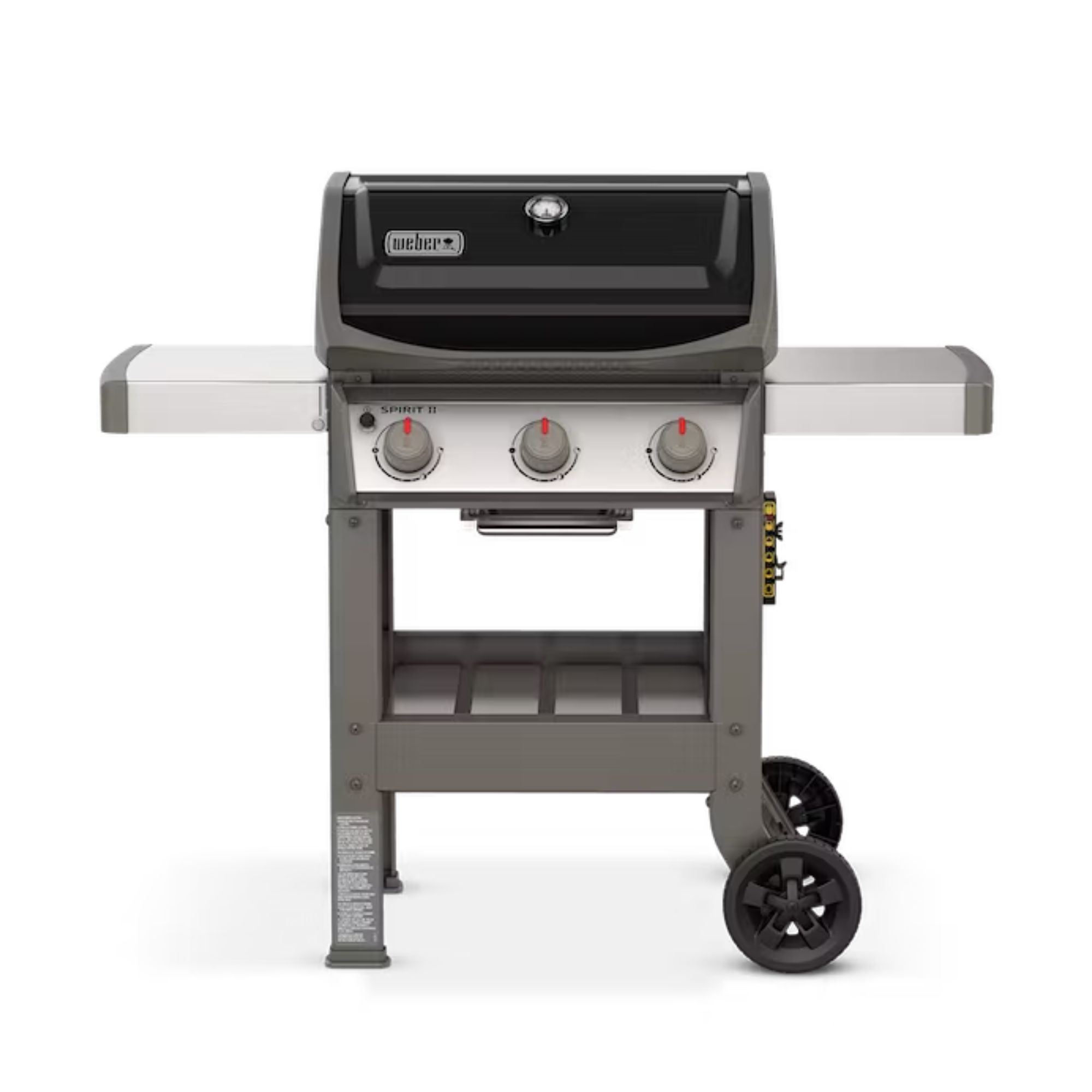
This is my favorite ever gas grill. It's simple, easy to use, and fairly priced. It's also available in both a propane model and a natural gas model.
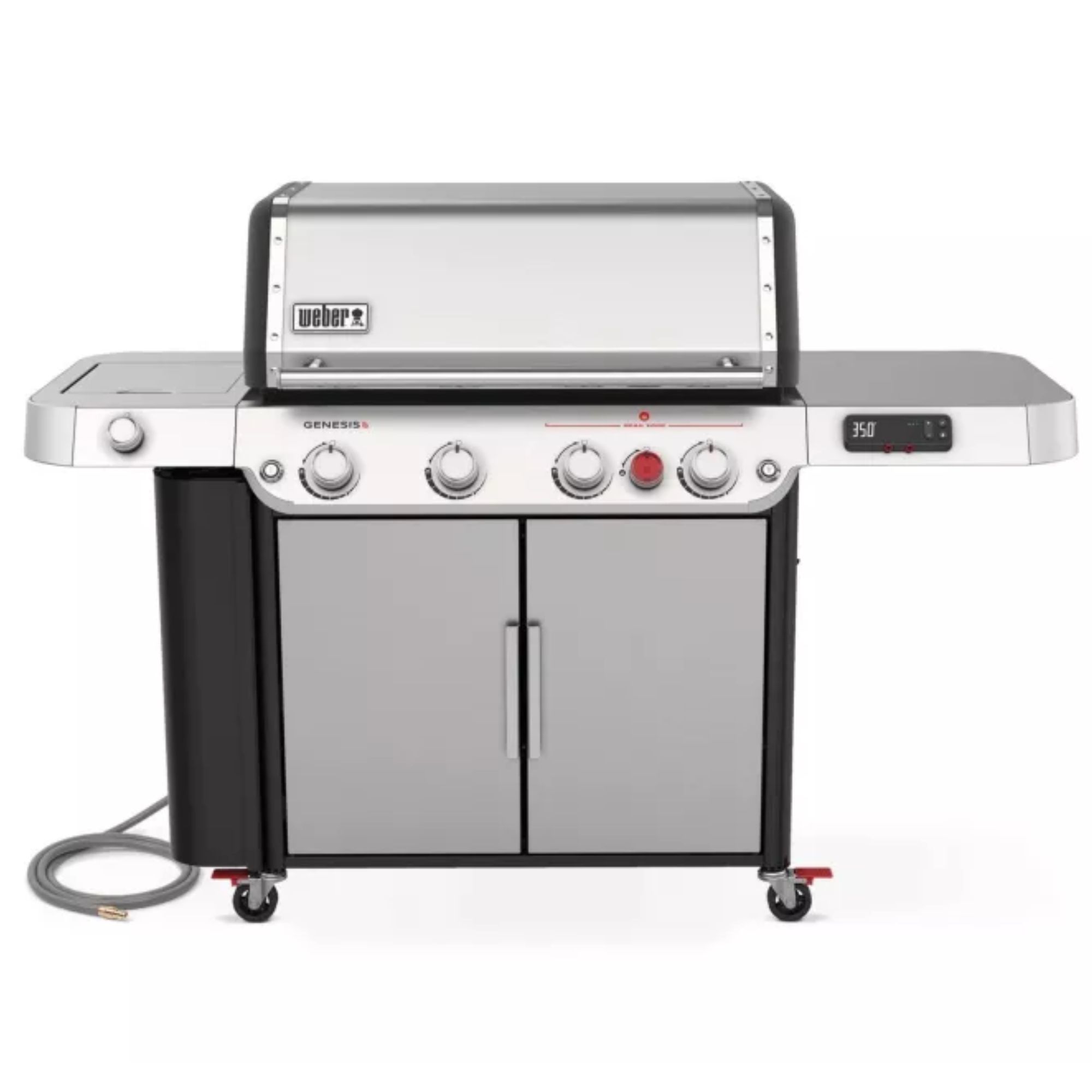
We love this huge Weber because it can turn out 40 burgers at once. If you're hosting a family reunion, you need one of these, and it's available in propane and natural gas at Weber.
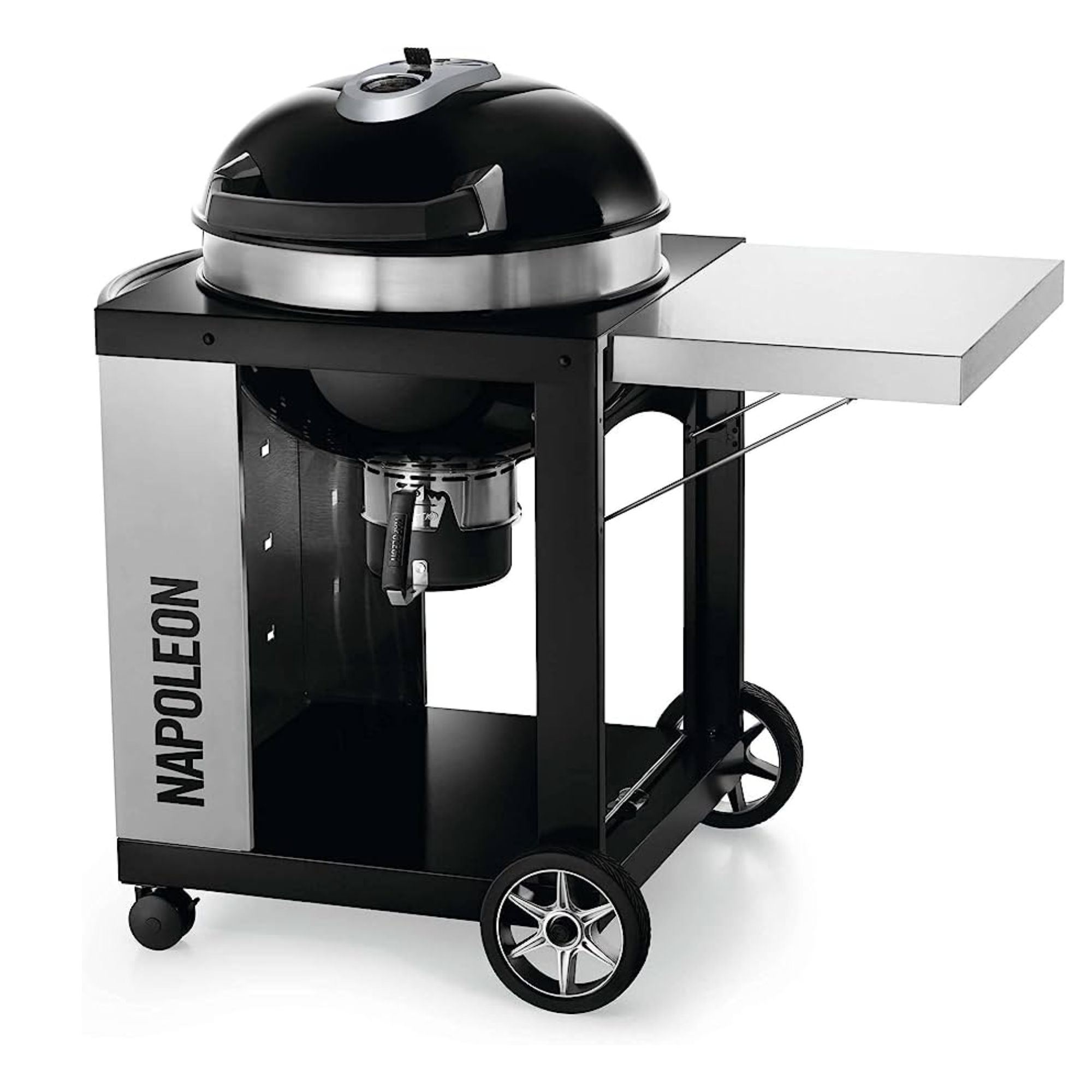
If this all sounds like too much hard work, it's also worth considering a charcoal grill like this, our favorite. It tastes better than gas, though there's the ongoing cost of buying fuel.
Natural gas - pros and cons
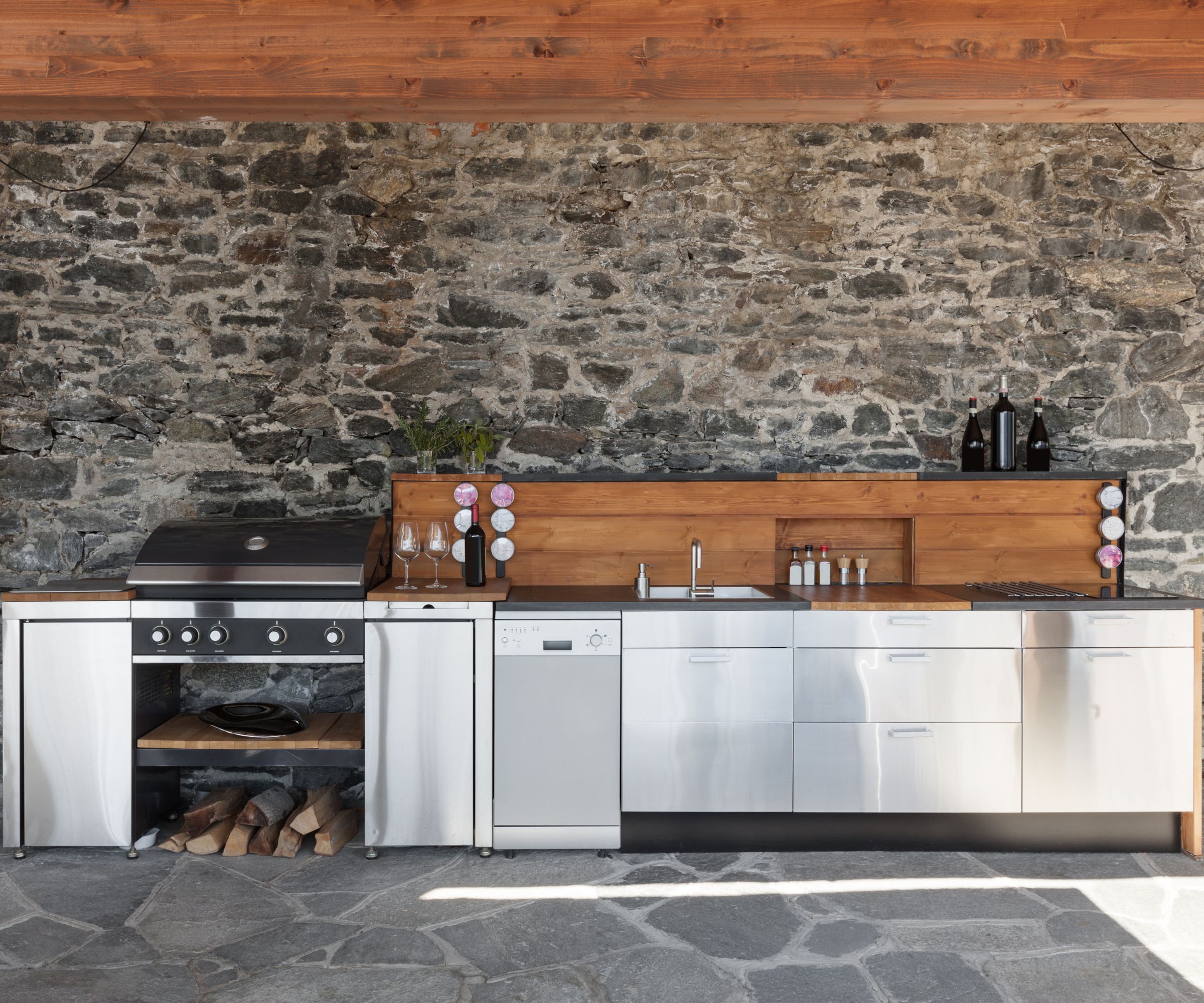
In the long run, natural gas is cheaper. However, it means a big outlay upfront. Unless you're great at DIY, installation will cost about $400 on top of whatever you've paid for your grill. Natural gas works best with outdoor kitchens such as the one featured above, and if you opt for one of these you're looking at at least $2000. If you don't already have a gas line outdoors, you're looking at some pretty steep expenses just to grill a burger.
However, once that cost is sorted, running a grill off natural gas costs no more than you'd pay for running a gas range. It's the same line as the gas you use in your home, so you're only your usual rate for gas. There's nothing to think about – you switch on your grill and it can run indefinitely.
Jerry Scott, Senior VP of Sales at Fire Magic Grills, told me: 'With natural gas, you never have to worry about running out of fuel because natural gas is piped directly to the grill.' That means no trips to refill your propane tank and no – let's face it – ugly tank of propane to hide.
Jerry Scott is Senior Vice President of Sales at Fire Magic Grills.
Which is best?
Thankfully, there's no real difference in taste between the two fuels. Jerry Scott told me: 'Neither fuel negatively impacts the flavor of the food. In fact, propane and natural gas heat sources have no impact on the flavor of grilled food'.
Chef Manuel agrees and says 'There's no difference between the two when it comes to the magic you create in the kitchen. Whether you're flipping burgers outside in the dead of winter or crafting a gourmet meal in a bustling kitchen, both will get the job done.'
Instead, think about budget and convenience. If you rent and can't make big renovations to your home, you need propane. If you don't mind filling up a tank every so often, propane could be the smarter choice. However, if you have the money, running a grill of natural gas could make your life easier for years to come.
If you're still caught up on fuel, I've taken a deep dive into charcoal vs gas grills, and we've also cover smokers vs charcoal vs gas vs electric grills, for even more detail.

As a gardens and lifestyle contributor, Alex makes sure readers find the right information to help them make the best purchase. Alex got his start in reviewing at the iconic Good Housekeeping Institute, testing a wide range of household products and appliances. He then moved to BBC Gardeners’ World Magazine, assessing gardening tools, machinery, and wildlife products.